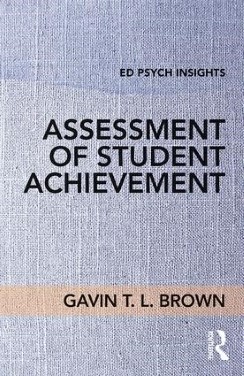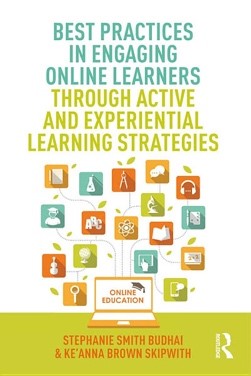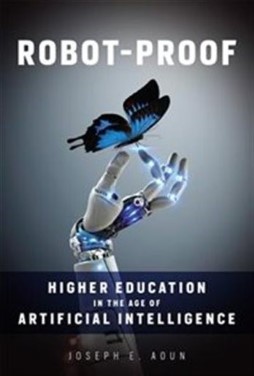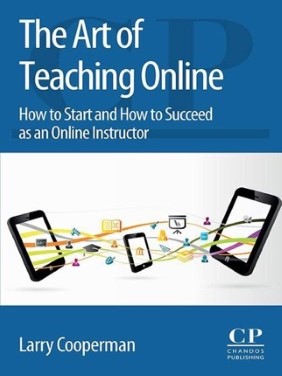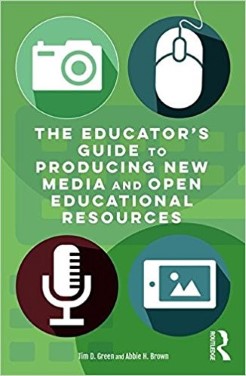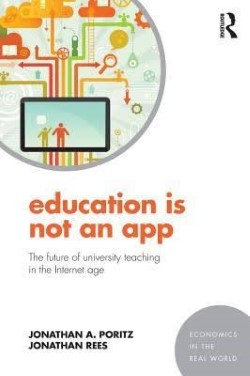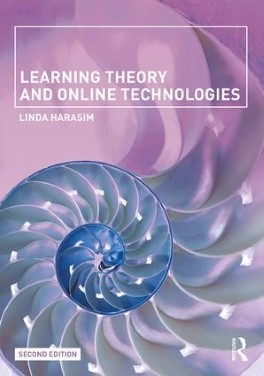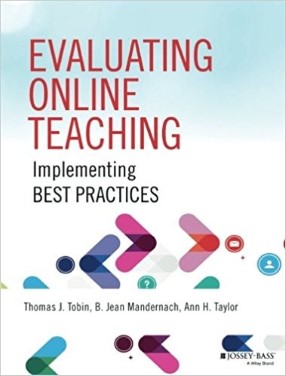2017 was a strong year for books and publications with respect to teaching and learning in the digital age, blended learning, open education and technology enabled learning. There are gaps – little on digital assessment technologies, not much on artificial intelligence (AI) and virtual reality that is practical and helpful – but the 2018 and 2019 commissions already indicate these will be strong components of the lists to come.
We selected thirteen books which help capture the ideas and resources made available in 2017. We make no pretense to be representative of all books published in all languages – our focus is on books easily accessible to our partner institutions in Ontario and of general relevance.
Rather than use the traditional format, in this year-end review we look at why, how and “so what?”. The focus, as always, is on online and technology-enabled learning. We also suggest some older books – books not published in 2017 – which are worth reading if you haven’t already done so.
In June 2015, Contact North | Contact Nord established Worth Reading, a feature available on the teachonline.ca portal, now known as Must-Read Books on Online Learning. Since then, some sixty books were reviewed and presented in eighteen expositions of this feature. They are generally presented under three headings – books of interest to faculty members and instructors; books relevant to the work of instructional designers and those of primary interest to policy makers and administrators. It is a popular feature on teachonline.ca, with one prominent reader suggesting she “looks forward to this list each time it appears and pursues the suggested readings diligently”. Another said “I get our library to order the books so that we can use them in our professional development work”.




